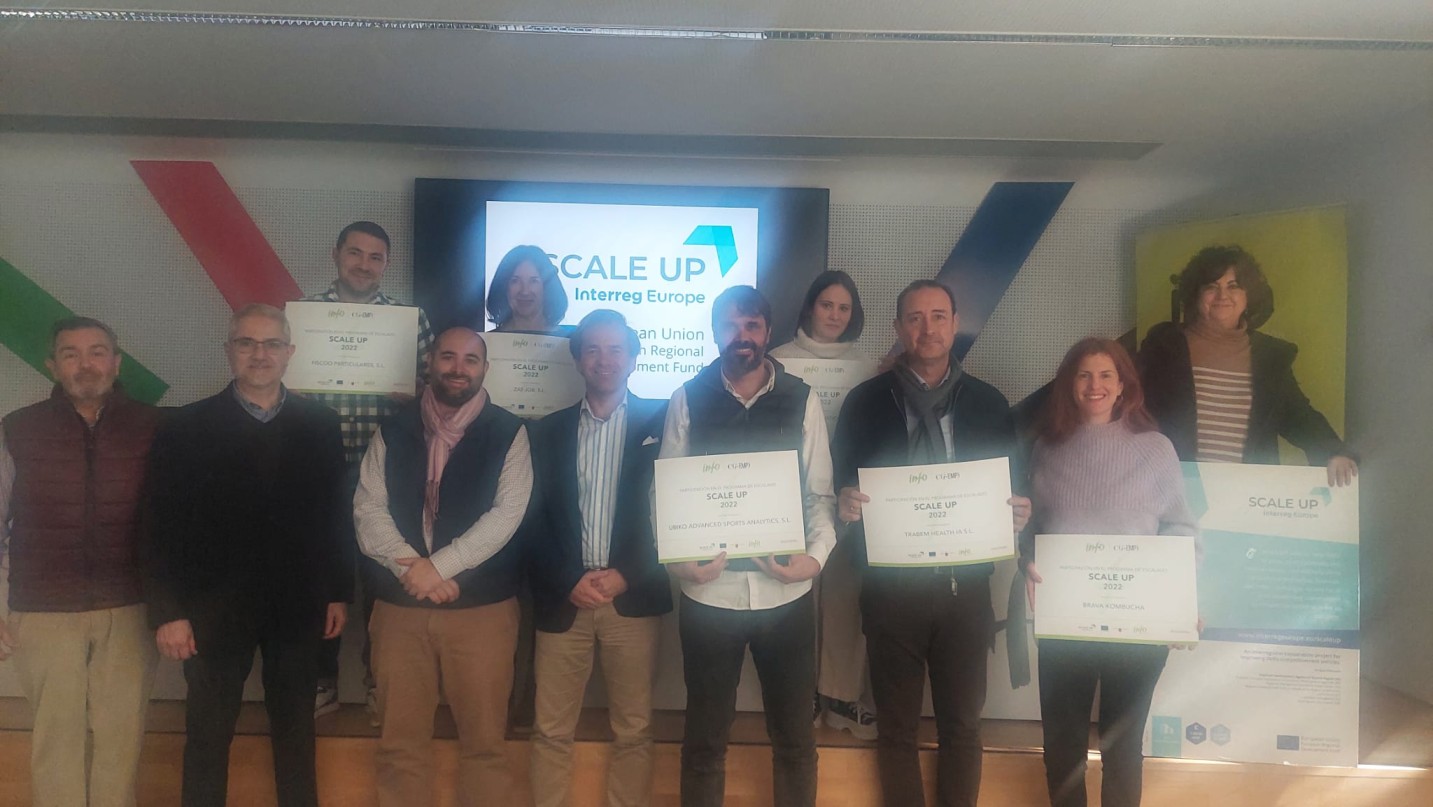Scale-Ups -> responding to the challenge of Covid-19
The Challenge
Early in 2020, the future looked promising for UK’s scaleups. Despite the uncertainties and challenges of Brexit business confidence had begun to grow. However, following the development of Covid-19, economic markets began to fall, supply-chains slowed or became dismantled and sales for businesses on the high street started to drop or in many cases stopped altogether. We should acknowledge that most of the challenges facing Scaleups are by no means totally new and are not necessarily unique to them - the vast majority of micros and SMEs are facing an existential crisis.
However, there is evidence that Scaling businesses are facing an additional and unique set of challenges, as many will be in the ‘critical growth’ phase which is often loss-making – embarking on a stage of expansion in order to achieve future revenue growth. This makes the current climate daunting to approach.
The nature and scale of that challenge is laid bare by some key findings from the latest D2N2 Growth Hub Business Survey:
- 98% of businesses are being affected by Covid-19: 75% have furloughed staff and 6% have made redundancies;
- The major impacts have been felt in terms of falling sales turnover (86%), cash flow difficulties (63%), staff working in isolation (36%) and problems visiting clients (34%);
- The top concerns going forward are falling customer confidence (78%), financial impact on operations or viability (70%) and a UK or Global recession (65%).
From a Scaleup perspective, amongst the most critical challenges facing many entrepreneurs appear to be:
- Managing cash flow when there has been a reduction in sales. Even though businesses still have to manage fixed recurring costs associated with rent, insurance, staffing/employee pay and commissions, stock or product manufacturing and local/international product shipping;
- Coping with disrupted supply chains and distribution challenges has meant SMEs spending more time examining the suppliers they work with to identify where the main vulnerabilities in that ecosystem lay.
- Understanding what their duties are as employers to their staff, such as supporting their staff with their well-being and supporting employees working from home, or, when unavoidable, making workers redundant.
There are of course other issues which are presenting themselves as key challenges for some Scaleups but by no means all, notably in relation to business location and accessibility; succession and continuation; and compliance with new regulations. As staff begin to return to the workplace then the challenge of organising social distancing in the workplace is becoming a very real and often complex one.
Public Support Package
In April the UK Government announced a £1.25 billion support package targeted and tailored help would ensure firms in some of the most dynamic sectors of the UK economy. The comprehensive package includes a new £500 million loan scheme for high-growth firms, called the Future Fund, and £750 million of targeted support for small and medium sized businesses focusing on research and development. The total cost of Government support in the UK is estimated at around £300bn.
More information about the programme can be found here.
At a sub-regional level (Derbyshire and Nottinghamshire counties combined) a package of support has been developed and delivered (summarised here) which is particularly tailored to the needs of Scaleup enterprises; two schemes are of particular relevance to Scaleups in the sub-region:
D2N2 Growth Hub ScaleUp (UpScaler)
UpScaler is a programme of specific, tailored high-growth business support for SMEs that are growing rapidly or have the potential to do so. Benefits include a diagnostic review of scale-up challenges; access to customised and proven business support workshops and peer-to-peer events; and funding towards management coaching and hiring graduate talent. The project is an exclusive, invitation-only scheme for established successful businesses that are scaling up; have the potential to scale; or are ambitious to grow with a proven market and management team in place.
The delivery team are adapting the events programme to help support scaleup SMEs to thrive post-Covid.
Delivered in partnership by Nottingham Business School at Nottingham Trent University and East Midlands Chamber and with support from European Regional Development Fund.
Digital UpScaler
Delivered by the East Midlands Chamber, this exclusive project is designed to provide businesses with the knowledge, investment and capacity to scale-up by embracing new technologies. The project is available to a limited number of ambitious scaling businesses and provides a programme of specialist digital support through business advisers, events, consultancy, grants and a technology forum.











